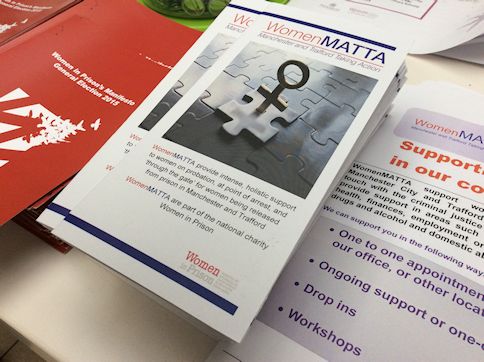- Study
- International
- Business and employers
- Research
- About us
Sites of Resistance event questions criminalisation

A DAY-LONG event organised by the Department of Criminology asked “how do we alleviate the harmful effects of discriminations and inequalities in the process of criminalisation?”
Speakers included Professor Phil Scraton, from Queen’s University, Belfast, who gave a powerful talk on the campaign for justice following the Hillsborough disaster, and the entrenched opposition the families faced from the police and media.
Professor Scraton was a member of the Hillsborough Independent Panel, and talked abou this conviction that even after their deaths the histories of those who died could speak to investigators.
He told the audience that “nothing prepared him” for the Prime Minister’s apology for the “double injustice” that the families had faced, which was given almost immediately after the panel reported their findings.
Undocumented women
Also speaking was Dr Kate Cook, from the MMU law school, who talked about her work with Safety For Sisters, a charity helping “undocumented” women escape domestic abuse.
She told the assembled students, academics and activists that “we need better information – better law – if we are going to stop these crimes being so terribly common.”
Safety For Sisters looks after women with no recourse to public funds or access to state benefits – for example women who have been trafficked into the UK, illegal immigrants or women who arrive on a spouse visa but find themselves in an abusive relationship.
She said: “Abusers are using women’s vulnerability to fuel their abuse. We need more information and more awareness.”
Radical alternatives
Other speakers included Dr Stephanie Daza, speaking about the after effects of the shootings by the Ferguson Police Department, Professor Tim Hope, talking about “institutionalised suspicion” and Dr Waqas Tufail, who talked about radical alternatives to policing.
Professor Joe Sim spoke about academic activism, state power and prison abolition, while Dr David Scott summarised the day’s events.
Campaign groups also had the opportunity to display information and speak at the event. These included Bilal Awan, from the campaign group against youth violent crime One Minute in May. Bilal told the audience how involvement in gangs had threatened his life and that of his mother, and he called on them to take part in a one minute silence at noon on May 1 to remember all the young victims of violent crime.
Also speaking were JENGbA, who campaign against the joint enterprise laws under the motto “not guilty by association”. Many of the speakers had children or other relatives who have been convicted under the joint enterprise laws for crimes they didn’t commit.
Solidarity and partnership
Rebecca Roberts from the Centre for Crime and Justice Studies and the Reclaim Justice Network spoke about the waste of resources created by the current criminal justice system, while Liz Fekete from the Institute for Race Relations explained the work of the institute, which is a resource centre, anti-racism publishing house and “keeper of the memory of the struggle against racism in this country”.
Representatives from Women in Prison explained their WomenMATTA project, and there was also information about Inquest, who provide specialist advice for the families of people who die in custody, and Stopwatch, a stop and search monitoring charity.
Becky Clarke, Senior Lecturer in Sociology, said: “The day is about the University being used as a space for a wider community of young people to work in solidarity and partnership with our students.”
Friday, 27th March 2015
